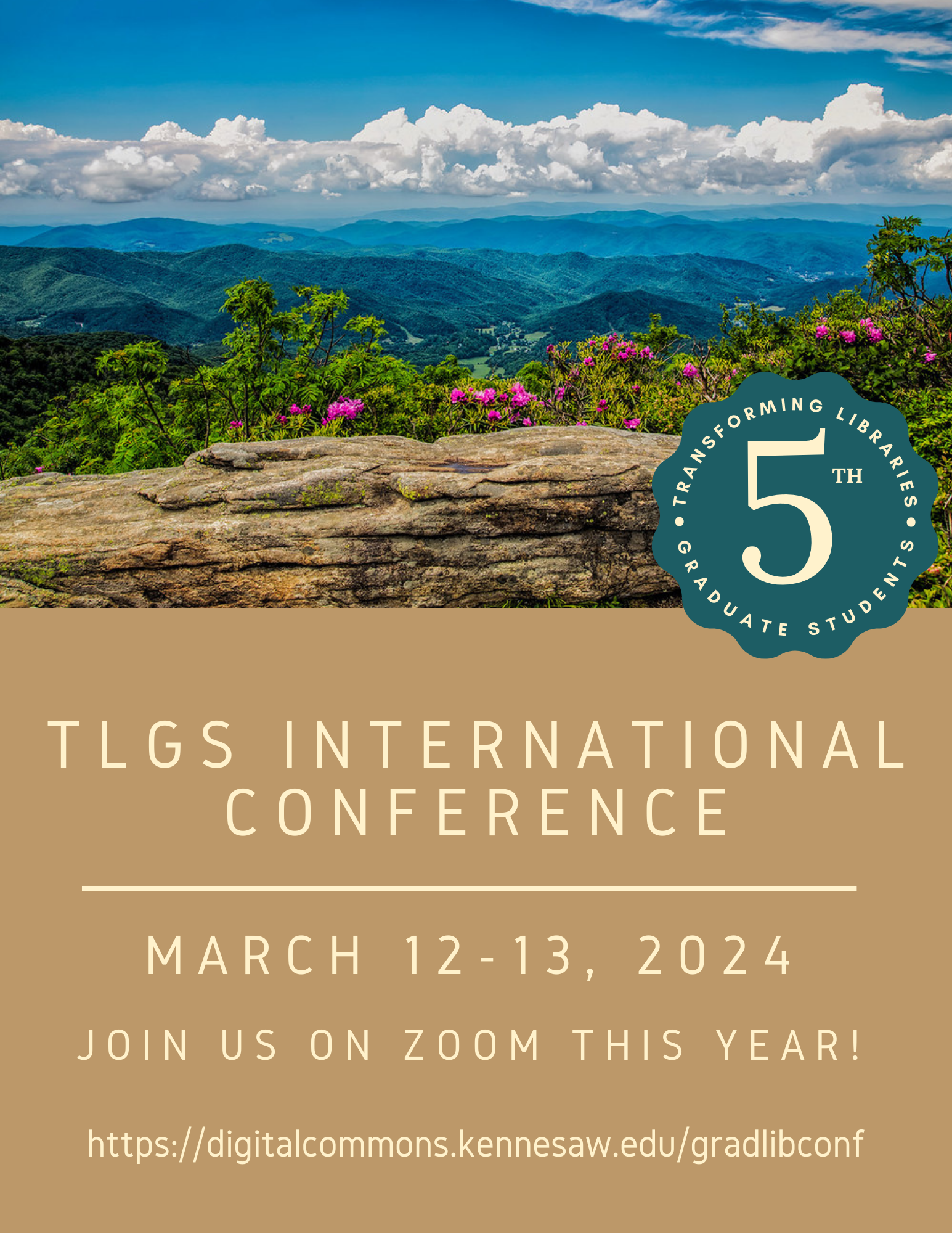Start Date
3-16-2022 2:30 PM
End Date
3-16-2022 3:00 PM
Keywords
digital pedagogy, fellowship, data science, multidisciplinary
Description of Proposal
Multiple disciplines are increasingly embracing data science and digital scholarship. However, insufficient training for digital and computational methodologies within subject/departmental silos means that these needs often get overlooked. Opportunities for learning how to teach technical concepts (i.e., how to handle troubleshooting, live participatory coding, etc.) are also rare or non-existent via departmental offerings. To respond to these needs, the Navari Family Center for Digital Scholarship launched its Pedagogy Fellowship Program in Fall 2021 where Notre Dame PhD students/candidates build their instructional expertise and experience related to digital scholarship with an added bonus of enhancing their competitiveness on the job market. Fellows are meant to gain experience in evidence-based and innovative instructional methods, collaborative teamwork, communicating their research and scholarly interests outside of their discipline, and building digital skills (including, but not limited to geographic information systems, data analysis/visualization, and discipline-specific tools). The fellows provide workshops for the Hesburgh Libraries, extending their knowledge to the Notre Dame community and help build the libraries’ capacity in providing digital scholarship training.
The program is currently in the middle of its pilot year. Our first cohort is composed of doctoral students/candidates from the Departments of Biological Sciences, Chemistry & Biochemistry, History, Physics, and Sociology. We meet weekly to discuss readings, build rapport, learn from one another through demonstrations, and engage with guest speakers and facilitators—recognizing that our community houses a diverse array of perspectives and expertise. For example, we hosted two sessions led by the Kaneb Center for Teaching & Learning, a campus entity that provides research-based services, programs, and resources that support teaching and reflective practice at Notre Dame.
This session will lay out current successes and areas of improvement for future iterations. We will also highlight how such a program can be supported and implemented in varying levels of contexts and available resources. A portion of the presentation will focus on the significance of working in partnership with both internal and external stakeholders—including how to get buy-in.
How Graduate Student Fellows Enhance What a Center for Digital Scholarship Does
Multiple disciplines are increasingly embracing data science and digital scholarship. However, insufficient training for digital and computational methodologies within subject/departmental silos means that these needs often get overlooked. Opportunities for learning how to teach technical concepts (i.e., how to handle troubleshooting, live participatory coding, etc.) are also rare or non-existent via departmental offerings. To respond to these needs, the Navari Family Center for Digital Scholarship launched its Pedagogy Fellowship Program in Fall 2021 where Notre Dame PhD students/candidates build their instructional expertise and experience related to digital scholarship with an added bonus of enhancing their competitiveness on the job market. Fellows are meant to gain experience in evidence-based and innovative instructional methods, collaborative teamwork, communicating their research and scholarly interests outside of their discipline, and building digital skills (including, but not limited to geographic information systems, data analysis/visualization, and discipline-specific tools). The fellows provide workshops for the Hesburgh Libraries, extending their knowledge to the Notre Dame community and help build the libraries’ capacity in providing digital scholarship training.
The program is currently in the middle of its pilot year. Our first cohort is composed of doctoral students/candidates from the Departments of Biological Sciences, Chemistry & Biochemistry, History, Physics, and Sociology. We meet weekly to discuss readings, build rapport, learn from one another through demonstrations, and engage with guest speakers and facilitators—recognizing that our community houses a diverse array of perspectives and expertise. For example, we hosted two sessions led by the Kaneb Center for Teaching & Learning, a campus entity that provides research-based services, programs, and resources that support teaching and reflective practice at Notre Dame.
This session will lay out current successes and areas of improvement for future iterations. We will also highlight how such a program can be supported and implemented in varying levels of contexts and available resources. A portion of the presentation will focus on the significance of working in partnership with both internal and external stakeholders—including how to get buy-in.



What takeaways will attendees learn from your session?
Attendees of this presentation will learn about the benefits of a pedagogy fellowship program focused on digital/data science skills:
1) Graduate students gain additional instructional experience and become more competitive in the job market.
2) Graduate students are immersed in pedagogical training related to teaching technical concepts—these sorts of opportunities are rare or non-existent via departmental offerings.
3) Libraries are able to build capacity in providing digital tools training.